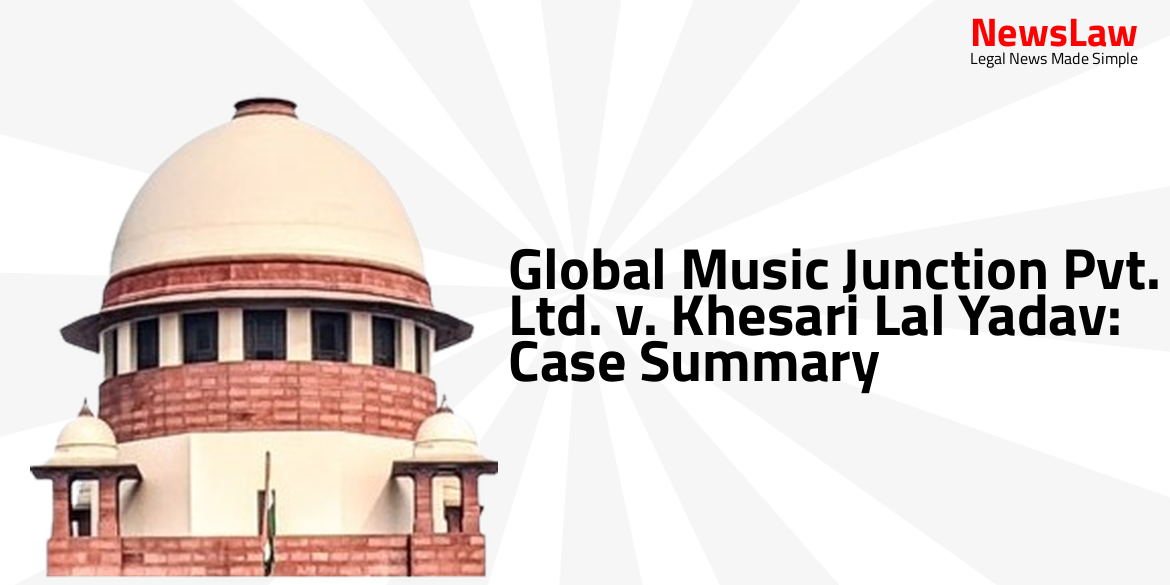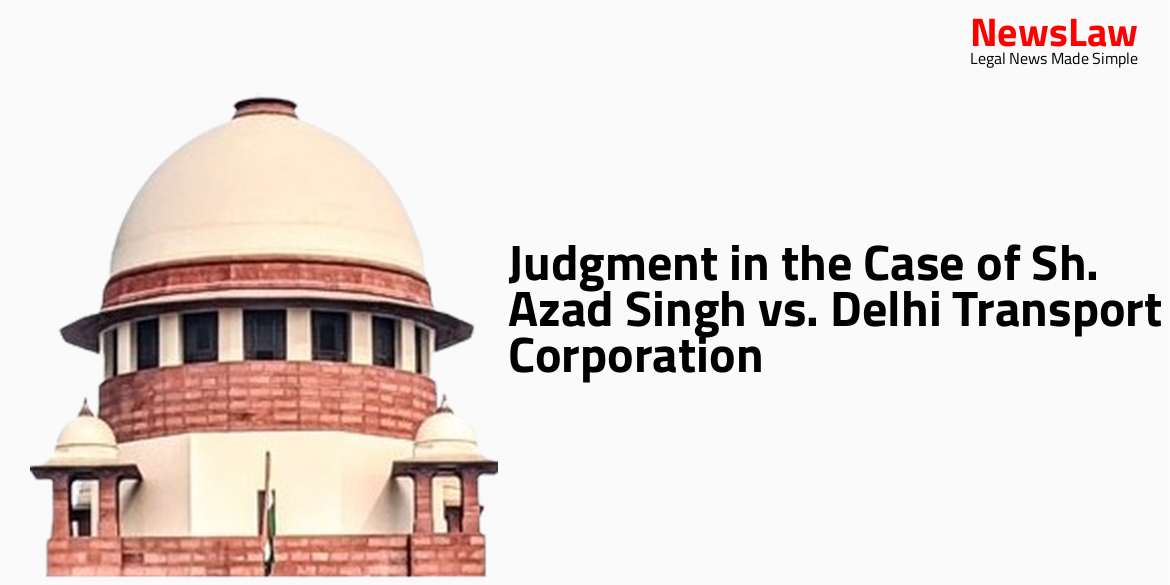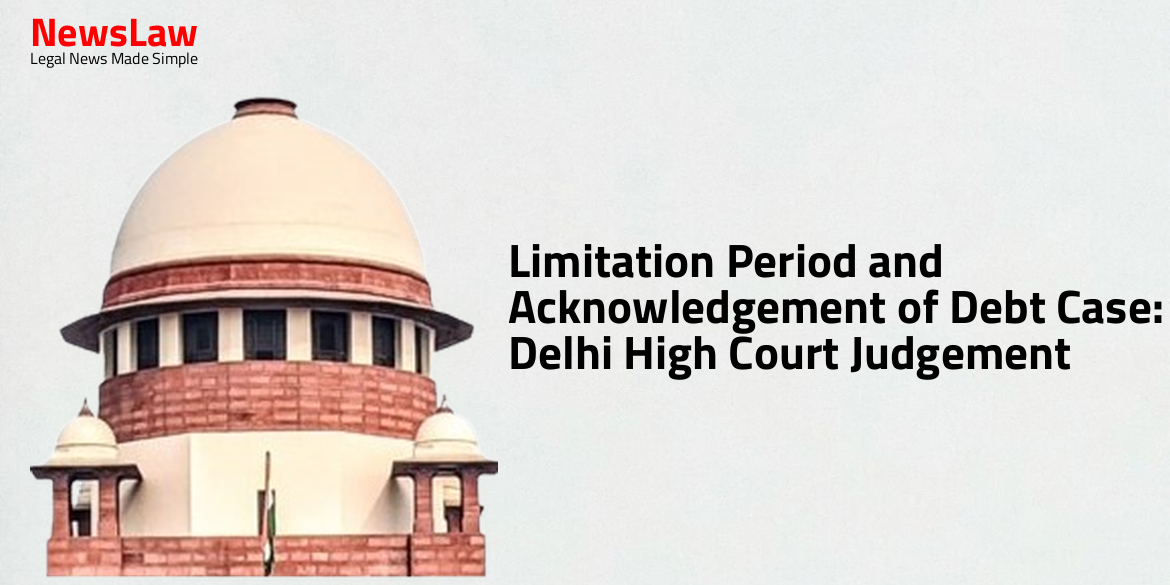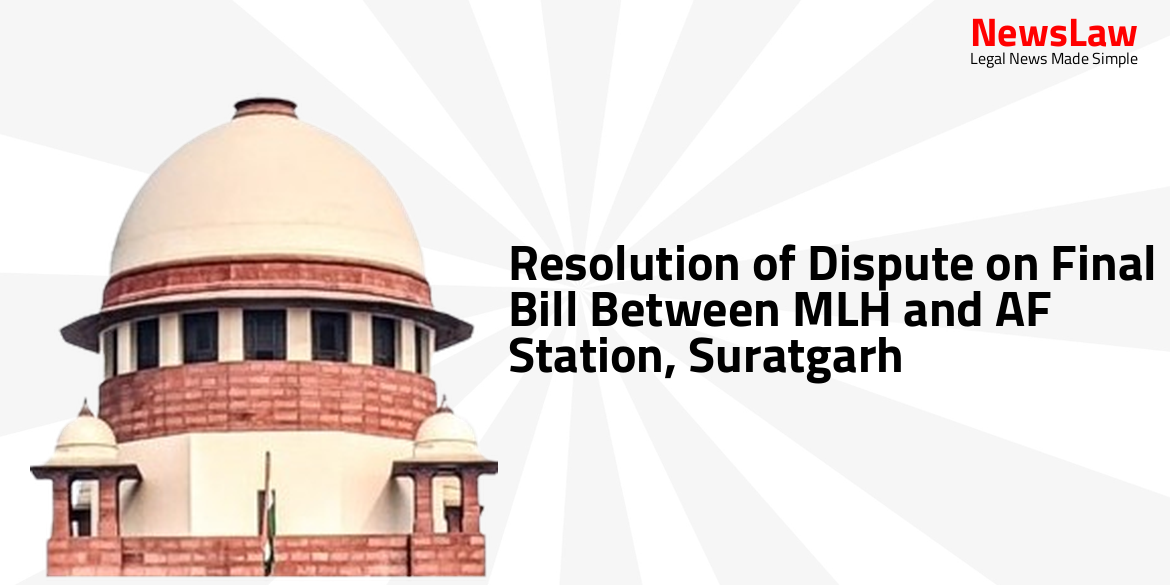Delve into the details of the case between Global Music Junction Pvt. Ltd. and Khesari Lal Yadav as adjudicated by the Delhi High Court. Explore the impact on the music industry and the significance of respecting court orders. Discover how the Court addressed issues of contempt and enforcement in this complex legal battle.
Facts
- Plaintiff, Global Music Junction Pvt. Ltd., is engaged in the business of music and entertainment content.
- A detailed judgment dated 5 September, 2023, in FAO(OS)(COMM) 7/2023 reintroduced the restraint against Defendant No 6, Khesari Lal Yadav.
- Plaintiff sought to enforce directions through various notices to collaborators and social media platforms.
- Defendant No 6, Khesari Lal Yadav, is a popular Bhojpuri artist involved in singing, dancing, and acting.
- Defendant No 6 alleges contempt of court due to deliberate misrepresentation by Plaintiff.
- A Production Agreement dated 27 May, 2021, was executed between Plaintiff and Defendant No 6.
- Plaintiff granted ownership of intellectual property rights in songs created by Defendant No 6.
- Plaintiff’s actions hindered Defendant No 6’s professional engagements despite court directions allowing work across various platforms.
Arguments
- The Plaintiff cannot press for the delivery of eight (8) songs as per the Agreement.
- Observation 5.7 supports the Plaintiff’s position.
- The Plaintiff should be restrained from issuing direct notices to third parties.
- Songs removed due to Plaintiff’s notices must be restored on social media platforms.
- Reliance is placed on judgments of the Supreme Court and this Court to support the contention.
- The application filed is seen as an attempt to circumvent the directions of the Supreme Court, which are still pending due to defects.
- Defendant No 6 is accused of seeking to frustrate the effect of the February 2024 order by intensifying their infringing actions.
Analysis
- The Plaintiff’s legal notices seeking enforcement were found maintainable as there was no breach of any undertaking given to the Court.
- The corrective actions taken by the Plaintiff were considered by the Court in determining the appropriateness of contempt proceedings.
- The Plaintiff made a monetary deposit per a Court direction, not seen as a restraint; content takedown was due to clarifications sent to recipients.
- No injunction operates against the Plaintiff; therefore, no case for civil or criminal contempt is made out.
- The Plaintiff’s attempt to justify actions via bona fide misinterpretation of Court directions was deemed unsustainable.
- The Plaintiff’s contumacious conduct was seen as a breach warranting contempt.
- The Plaintiff’s actions were questioned for deliberate miscommunication, affecting their bona fides.
- The Court’s inherent powers under Section 151 of the CPC were discussed in the context of rectifying wrongs committed by parties.
- The importance of upholding the demands of justice under Section 151 of CPC was emphasized.
- The Plaintiff’s proactive rectification of mistakes was acknowledged by the Court.
- The Plaintiff’s actions did not meet the criteria for civil contempt based on wilful defiance.
- The Court found the Plaintiff’s actions did not constitute civil or criminal contempt as defined under the Contempt of Courts Act.
- The Plaintiff was noted to have taken corrective measures in good faith, mitigating the initial erroneous conduct.
- The exercise of the Court’s inherent powers to address misconduct was considered in light of the Plaintiff’s rectification efforts.
- Analysis of the specific legal framework under the Contempt of Courts Act was conducted to assess the applicability of any actions against the Plaintiff.
- The Court has the authority to take punitive measures against a party that disobeys an injunction provision.
- Punitive measures can include imprisonment for a term not exceeding three months.
- Attachment made under this rule shall not remain in force for more than one year.
- If disobedience or breach continues after one year, the attached property may be sold, and compensation awarded to the injured party.
- The provision applies reciprocally, meaning both parties are obligated to comply with injunctions.
- Breach by either party, or a third party specifically directed, can lead to contempt proceedings.
- The present application has been filed by Defendant No. 69.
- Contempt powers are essential for protecting the rights of parties involved in legal proceedings.
- Contempt powers act as a deterrent against non-compliance, ensuring that court decisions and directions are respected and implemented.
- Penalizing disobedience reaffirms the Court’s authority and the respect it commands.
- Attachment of property or detention of a person in civil prison for disobedience upholds the rule of law and the effective functioning of the Court.
- Contempt powers help maintain the authority and dignity of the judiciary.
- Observations from Kanwar Singh Saini v. High Court of Delhi, L.P. Misra (Dr.) v. State of U.P., Pallav Sheth v. Custodian, Bal Thackrey v. Harish Pimpalkhute, and Biman Basu v. Kallol Guha Thakurta & Anr. support the importance of contempt powers.
- The argument for invoking Section 151 of CPC to hold the Plaintiff liable for contempt is not tenable as it cannot override statutory provisions or create new remedies.
- The settled position of law in My Palace Mutually Aided Co-operative Society v. B. Mahesh & Ors. elaborates on the limited applicability of Section 151 of CPC in cases where alternate remedies exist.
- Judgments relied upon by the Defendant do not align with the facts and circumstances of the present case.
- No basis for contempt is established against the Plaintiff, especially since clarifications have been provided by the Plaintiff.
- Enforcement notices by the Plaintiff must include a detailed summary of relevant court orders
- Scope and extent of injunctions or directions should be clearly delineated in the enforcement notices
- Corrective measures outlined justify closure of contempt proceedings
- No punitive action is recommended against the Plaintiff under Section 151 of CPC
- Directives to ensure clear and accurate communications with third parties for enforcement of court orders
- Ambiguity and potential misrepresentation in future communications must be eliminated
Decision
- The present application is disposed of based on the foregoing directions.
Case Title: GLOBAL MUSIC JUNCTION PVT. LTD Vs. ANNAPURNA FILMS PVT. LTD., & ORS. (2024:DHC:4263)
Case Number: CS(COMM)-715/2022



